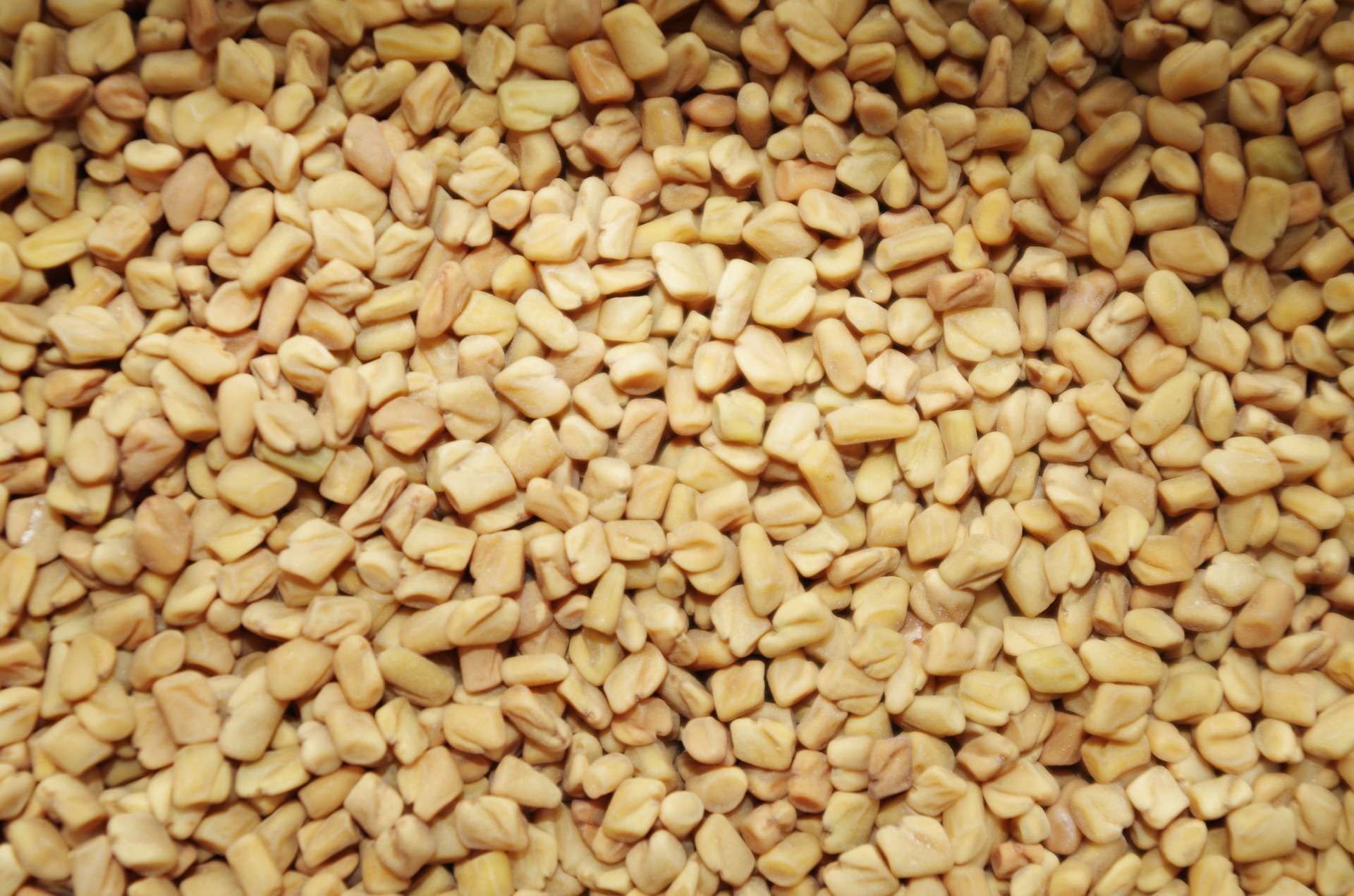Fenugreek: a plant with many benefits
Fenugreekalso known as trigonelle or Greek hayis a herbaceous plant native to the Mediterranean basin. Used for thousands of years in traditional medicine, this plant offers numerous health benefits. Today, fenugreek is also available on the market as a dietary supplement. Let's find out more about its origins, its benefits and its use as a dietary supplement.
Origin and history of fenugreek
Fenugreek is a plant that grows in many parts of the world, including Africa, Asia and Europe. It is a member of the legume family and its leaves are edible. However, it is the seeds that are mainly used for their many properties.
The history of fenugreek goes back several thousand years. The first traces of its use date back to ancient Egypt, where the seeds were used for their medicinal and aphrodisiac properties. In Ayurvedic medicine, fenugreek is also known for its many health benefits, including regulating blood sugar levels.
The health benefits of fenugreek
Fenugreek is rich in essential nutrients such as vitamins (A, C, B6), minerals (iron, magnesium, copper) and fibre. These compounds give it numerous health benefits.
1. Helps regulate blood sugar levels
Fenugreek is often used as a dietary supplement to help regulate blood sugar levels. Several scientific studies have shown that fenugreek can reduce insulin resistance and improve glycaemic control in people with type 2 diabetes. What's more, its fibre promotes satiety and may therefore be useful for controlling appetite and weight gain.
2. Improves digestion
Fenugreek seeds are rich in fibre, making them an ally for good digestion. They stimulate intestinal transit and can help relieve constipation. Fenugreek also stimulates the secretion of gastric juices and helps protect the stomach lining, which can be beneficial for heartburn sufferers.
3. Promotes lactation in breast-feeding women
Fenugreek is also known for its galactogenic properties, meaning that it can stimulate the production of breast milk in nursing mothers. Studies have shown that eating fenugreek seeds can increase the quantity of milk produced, as well as its nutrient content.
4. Boosts the immune system
Fenugreek is rich in antioxidants, which help combat the free radicals responsible for cell ageing and certain diseases. What's more, its anti-inflammatory properties can boost the immune system and help fight infection.
Use of fenugreek as a dietary supplement
Fenugreek is available in various forms as a dietary supplement. The seeds can be eaten as they are, in capsule form or used to make herbal teas. It is also possible to find extracts or powders of fenugreek in certain food supplements.
It is recommended to consume between 500 and 1000 mg of fenugreek seeds a day to reap its benefits. It is important to follow these doses, as overconsumption can lead to side effects such as nausea, diarrhoea or digestive problems.
Because of its galactogenic properties, pregnant and breast-feeding women should not take fenugreek as a dietary supplement without medical advice. It is also important to seek the advice of a health professional if you are taking any medication or have any health problems before taking a fenugreek-based dietary supplement.
Conclusion
In conclusion, fenugreek is a plant with many health benefits, used for thousands of years in traditional medicine. As a dietary supplement, it can be useful for regulating blood sugar levels, improving digestion, promoting lactation in breast-feeding women and boosting the immune system. However, it is important to always follow the recommended doses and seek the advice of a health professional before taking fenugreek as a dietary supplement.
Sources :
- Potential use of fenugreek seeds (Trigonella foenum-graecum L) in functional food delivery systems
- Effects of fenugreek seeds on metabolic parameters in patients with type 2 diabetes
- Tilmacoside A from Fenugreek improved the memory of the D-galactose-treated rats in the step-through method
- Effect of a fenugreek seed extract on feeding behavior in the rat: metabolic-endocrine correlates











